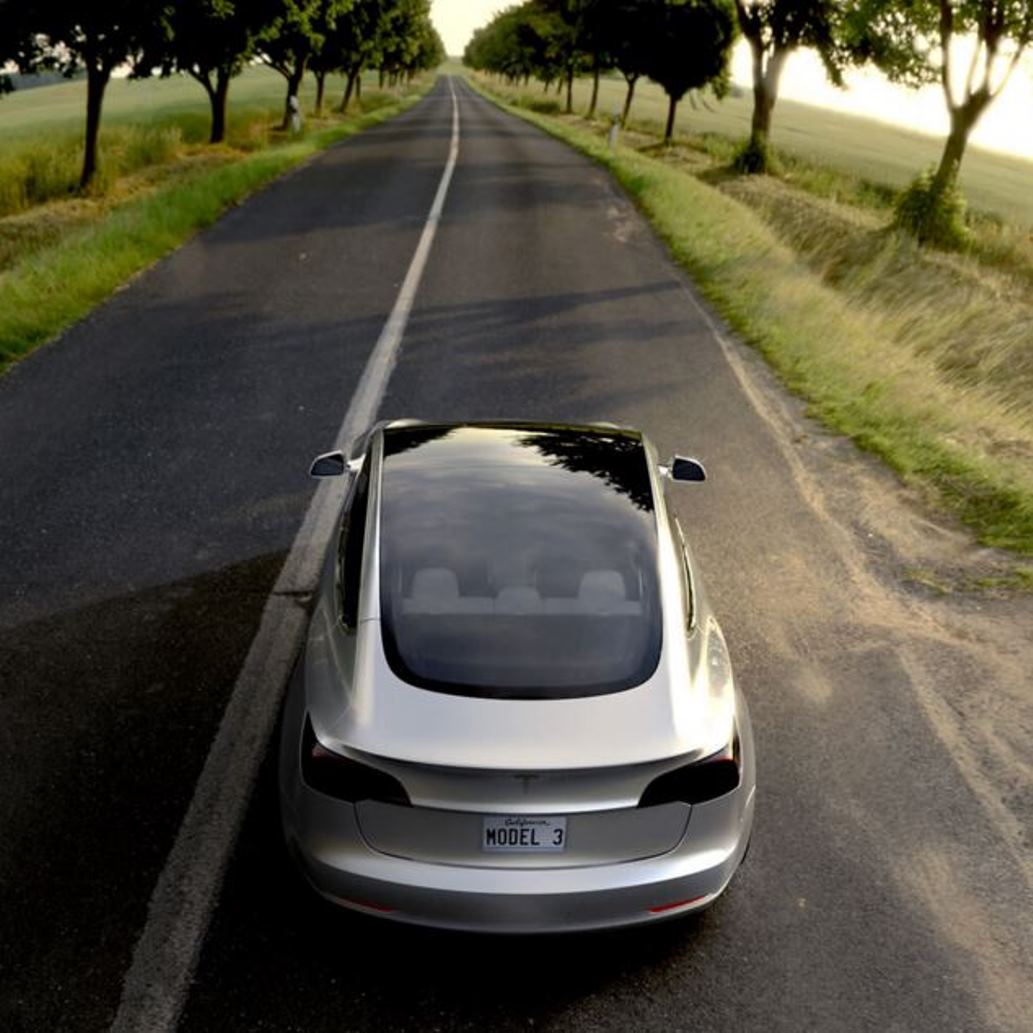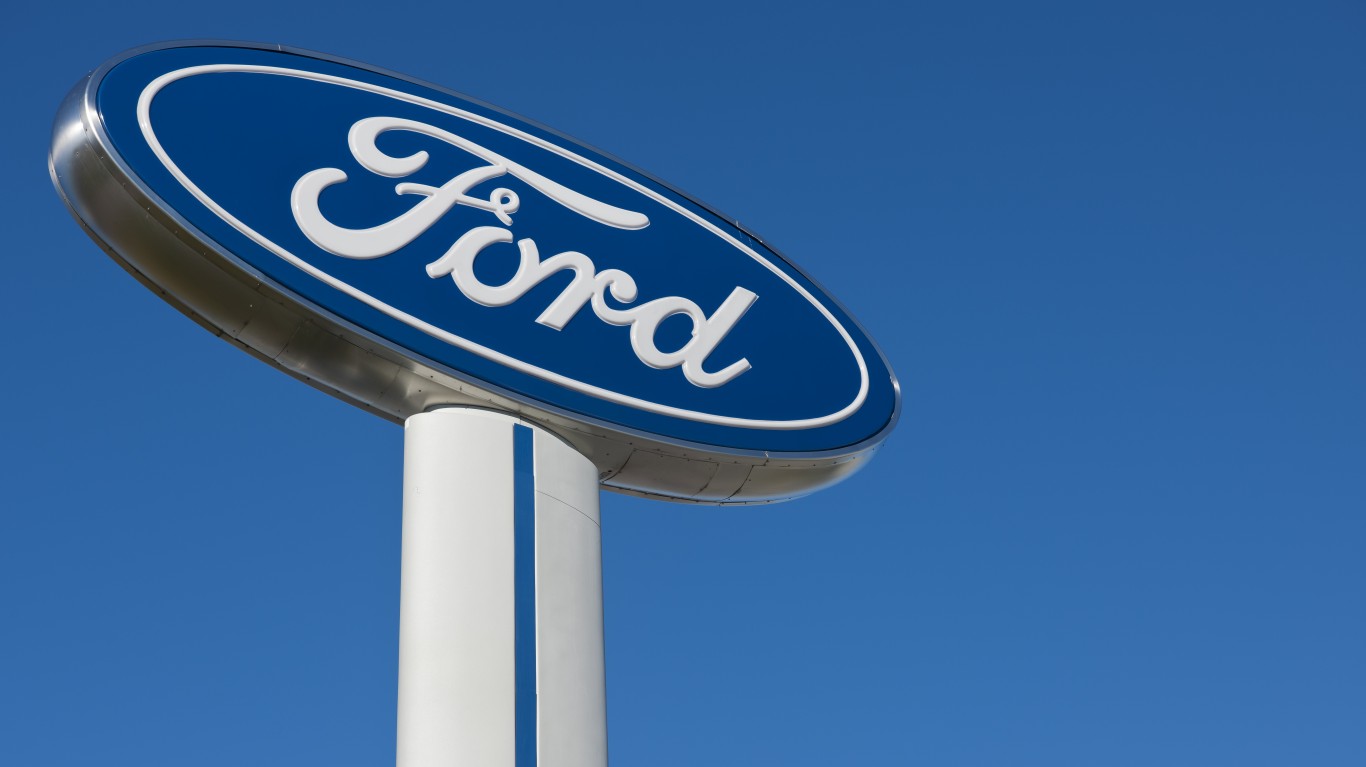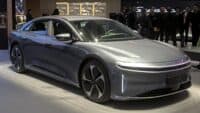
Late Monday a report hit the wire that Tesla Inc. (NASDAQ: TSLA) was stopping production of its Model 3 sedan for about a week in order, the company said in a statement, “to improve automation and systematically address bottlenecks in order to increase production rates.” The company reaffirmed that it is on track to reach a production rate of 5,000 Model 3s a week by the end of the second quarter.
Tesla is currently producing about 2,000 of the cars a week, and there are lingering doubts that it can boost the rate quickly enough to hit the target of 5,000.
That’s the bad news. The good news is that China has announced a plan to remove current restrictions on foreign carmakers that require the companies to form joint ventures with Chinese automakers in order to do business in the country. Lifting the restrictions is good news for Tesla, which does not have a Chinese joint-venture partner, because the requirement ends this year on electric vehicles instead of in 2022 when restrictions on makers of gasoline- and diesel-powered vehicles will disappear.
China is the largest foreign market for Tesla, and Tesla buyers already pay a 25% import tax for the U.S.-built vehicles and face another 25% on top of that if the government goes ahead with threatened tariffs on cars imported into the country. According to a report at The Detroit News, Tesla sold nearly 15,000 vehicles in China last year, accounting for about 17% of the company’s revenue. In February, China imported 2,323 U.S.-built electric cars, 2,160 of which were Teslas.
The suspension of the joint venture requirement gives Tesla an opening to begin manufacturing vehicles in China on its own. The company has negotiated with the government of Shanghai to open an assembly plant there, but it has been unable to reach an agreement on the ownership structure.
Tesla has not commented on the change in Chinese regulations or on its plans to proceed on its own with an assembly plant in China. If Tesla were to build a Chinese plant, the company’s cars would avoid the current 25% tax on imported vehicles, along with any further tariff-associated tax on buyers. The company’s cars, especially the Model 3, would be more competitive with electric vehicles made by BYD and BAIC.
Tesla stock traded down about 0.3% late Tuesday morning, at $290.39 in a 52-week range of $244.59 to $389.61. The stock’s 12-month consensus price target is $320.17.
100 Million Americans Are Missing This Crucial Retirement Tool
The thought of burdening your family with a financial disaster is most Americans’ nightmare. However, recent studies show that over 100 million Americans still don’t have proper life insurance in the event they pass away.
Life insurance can bring peace of mind – ensuring your loved ones are safeguarded against unforeseen expenses and debts. With premiums often lower than expected and a variety of plans tailored to different life stages and health conditions, securing a policy is more accessible than ever.
A quick, no-obligation quote can provide valuable insight into what’s available and what might best suit your family’s needs. Life insurance is a simple step you can take today to help secure peace of mind for your loved ones tomorrow.
Click here to learn how to get a quote in just a few minutes.
Thank you for reading! Have some feedback for us?
Contact the 24/7 Wall St. editorial team.
 24/7 Wall St.
24/7 Wall St.



